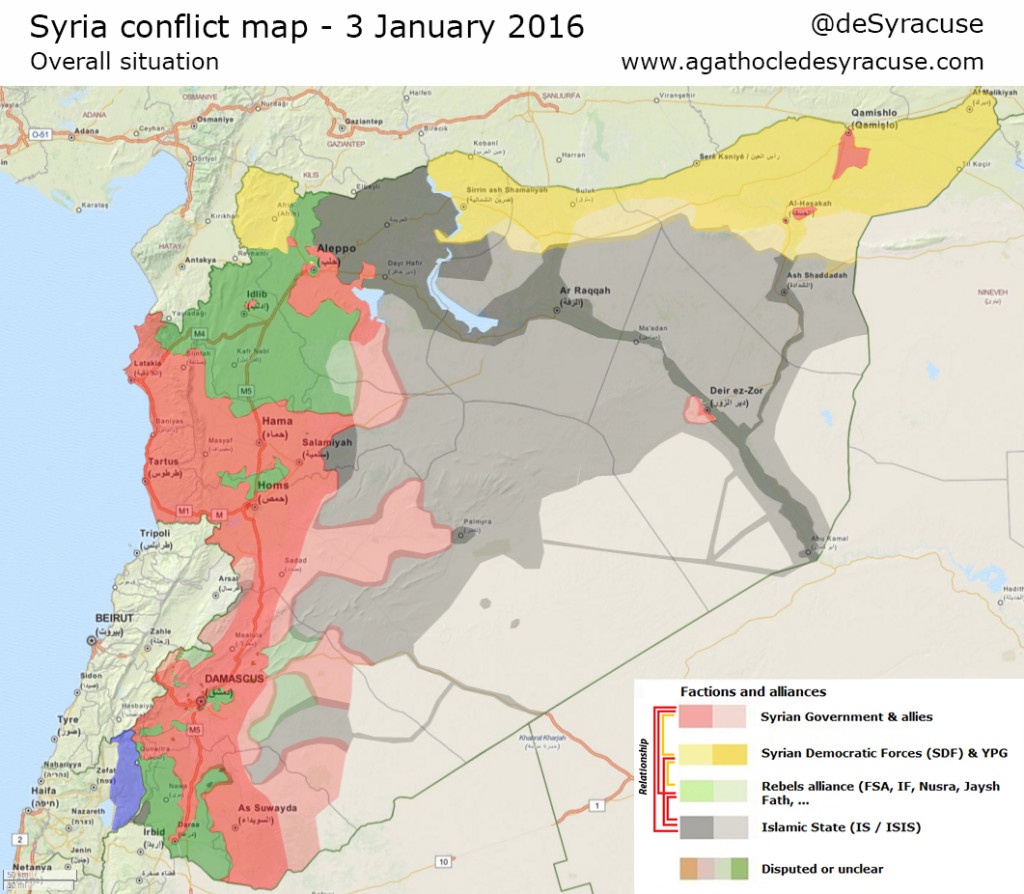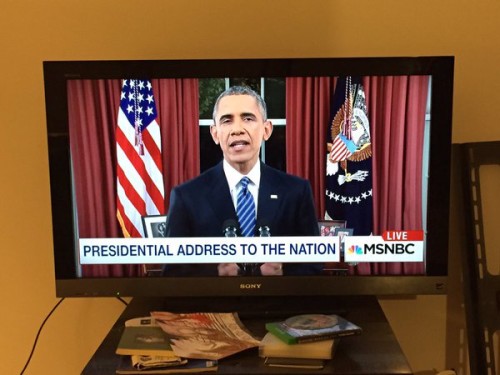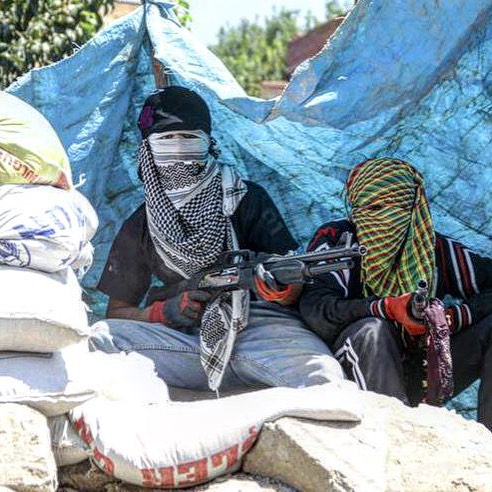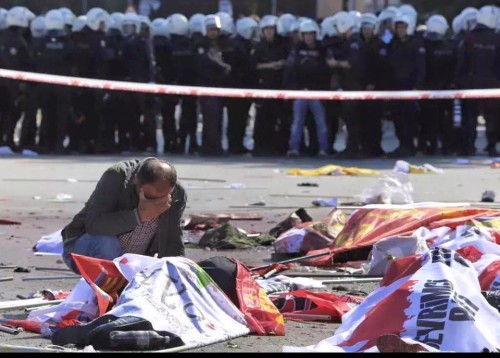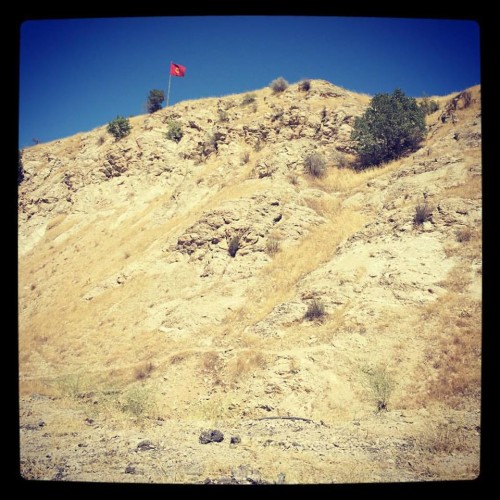Turkey ready to intervene in Syria?
Although first reports could look suspiciously biased, several sources on the ground said the same thing: Turkish soldiers are entering Jarablus, Northern Syria.
And it is a big deal.
Jarablus, currently in ISIS hands, is exactly across the border from Turkey. Next to the town, on the East, the Euphrates river. On the other side of the river SDF — Syrian Democratic Forces — were planning to advance and unify Rojava — the Kurdish controlled area — with Afrin and therefore control all the north border of Syria with Turkey.
Besides ISIS, the Kurds have also encountered political (and some more) resistance to this “independence” dream.
Turkey is the first opponent to this project, as the Kurds in Turkey will make more claims on an autonomous region. The President Recep Erdogan pushed with the anti-ISIS International coalition for a buffer zone, 40-mile wide, 68-mile-long, west of the Euphrates. And he made a deal with the United States about it, or so reported the Washington Post. The area would potentially haven to the estimated over 2 millions of Syrians who have crossed the border . And of course, it will end the unification dream of Rojava.
The deal was reached in July. Since then a lot have changed on the ground.
On October 30, 2015, Russia started an airstrike campaign aiding the Bashar al-Assad and the regime, Turkey’s enemy. On November 24, Turkey shot down a jet that invaded its airspace for 16 seconds, creating a deep friction amongst the two countries. Moscow accused Turkey to aid ISIS. Erdogan denied.
Turkey grew more and more isolated and found itself to be fragile. The government had to start facing great internal problems: the end of the ceasefire with the PKK, the uprising of the southern cities, mainly populated by Kurds, and the latest suicide bomber in Istanbul, killing 10 tourists.
In the meantime the United States ally with the SDF, which is mainly composed by the YPG — the Kurdish militia of Rojava — and some FSA units, Christian and Armenian militias. The plan pushed by the US is to cut off ISIS supply routes pushing from the newly conquered Tischrin Dam on the west and from Hasakah province, where the US took control of an airfield. The plan is then to try and take Raqqa, the de-facto capital of the Islamic State.
The creation of the buffer zone might disrupt this plan. Although they strongly deny this possibility using mainly military and strength logic, Kurds might start fighting Turkey on Syrian soil.
In any case, this area will not be possible without Russian agreement, which bombing campaign has hit the area several times.
As for what is happening on the ground, witness say Turkish troops entered Jarablus, while “ISIS was all unresponsive to the activity of Turkish soldiers.” Too soon to understand if this is actually happening. #StayTuned
